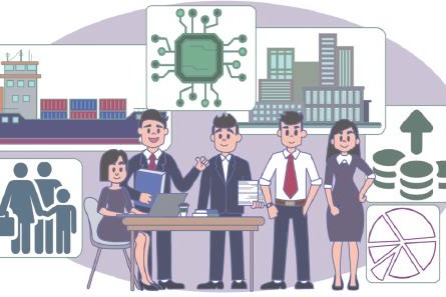In our society today, many factors contribute to the plight of the homeless. One of the primary reasons is that our society is not helping the homeless. Homelessness affects millions of Americans, and we as a society are failing the homeless. The government has several programs to help the homeless, including Social security, but there are still more people than money. Many people have no idea where to turn for help. Volunteering, Social security, and social service organizations are great places to begin.
Several factors contribute to homelessness
The causes of homelessness are complex. These causes include poverty, economic instability, discrimination, and lack of affordable housing. While these factors can be interrelated, they all affect the risk of homelessness. There are a number of reasons why people become homeless, and the solutions to these problems should be tailored to the unique needs of the individuals and communities. The following are some of the most common causes of homelessness. In addition to economic hardships, homelessness is also associated with a range of physical and mental illnesses.
A person’s biographical background is essential for understanding pathways to homelessness. A significant percentage of homeless people report experiencing childhood adversity. Childhood adversity may include physical abuse, neglect, or poor relationships with their parents. Sexual abuse and physical abuse were reported by almost one-third of homeless children. These factors can lead to mental health problems later in life. Some of these factors can be prevented or eliminated entirely.
American society is failing to help the homeless
Homelessness is a societal problem that has persisted for decades, but it’s not necessarily a result of “choices” – many people make mistakes and find themselves on the streets. Injuries, sudden debt, and doubling up with friends or family are just some of the many reasons people find themselves on the street. While many of these causes are difficult to change, a key component is a lack of resources. American society is failing the homeless by ignoring the problems of homelessness.
The first step in addressing homelessness is establishing a nationwide program. The McKinney-Vento Act, passed in 1987, is a good start. The Act reorganized the U.S. Department of Housing and Development and provides funds for emergency shelters, housing, healthcare, education, and job training. Unfortunately, the Act did not stop there. Despite the success of the McKinney-Vento Act, it has not been enough. Many homeless people remain on the streets, where they are susceptible to theft, violence, and exploitation.
Volunteering is a way to help
If you’re not sure where to start, volunteering can be an excellent option for you. Homeless individuals are a unique population – they don’t have a regular place to stay or a permanent source of income. They also often have physical or mental disabilities and little access to medical information or care. Volunteering helps you build lasting connections with people in difficult situations. You’ll have the opportunity to meet people with similar struggles and share experiences with them.
Homeless shelters are looking for volunteers anytime of the year. You can offer a few hours or even a day. Volunteering can boost your own self-confidence and help others. Some shelters offer basic training to volunteers, so you can feel comfortable helping people. By helping people in your local community, you can also develop your kindness and compassion, two key components of any worthwhile volunteer work. Listed below are some of the ways you can help the homeless.
Social security is a program to help the homeless
The Social Security Administration offers a number of programs that assist the homeless. One such program is Supplemental Security Income (SSI), which pays rent for those without a home. SSI recipients have incomes that fall below the federal poverty level and are therefore eligible for Medicaid. Health care providers should encourage their homeless clients to enroll in SSI because the resources provided by SSI can help cover the costs of health care.
Medical records are often difficult to obtain. Case workers must understand the contents of the records and how to obtain relevant information. Dedicated days each month can be set aside for homeless clients. If the program is formalized, it can survive changes in staffing. Likewise, SSA can reserve one or more days a month for people who are homeless. This way, they can expedite applications. Those who work in homeless programs often make informal arrangements with SSA to expedite the application process.





